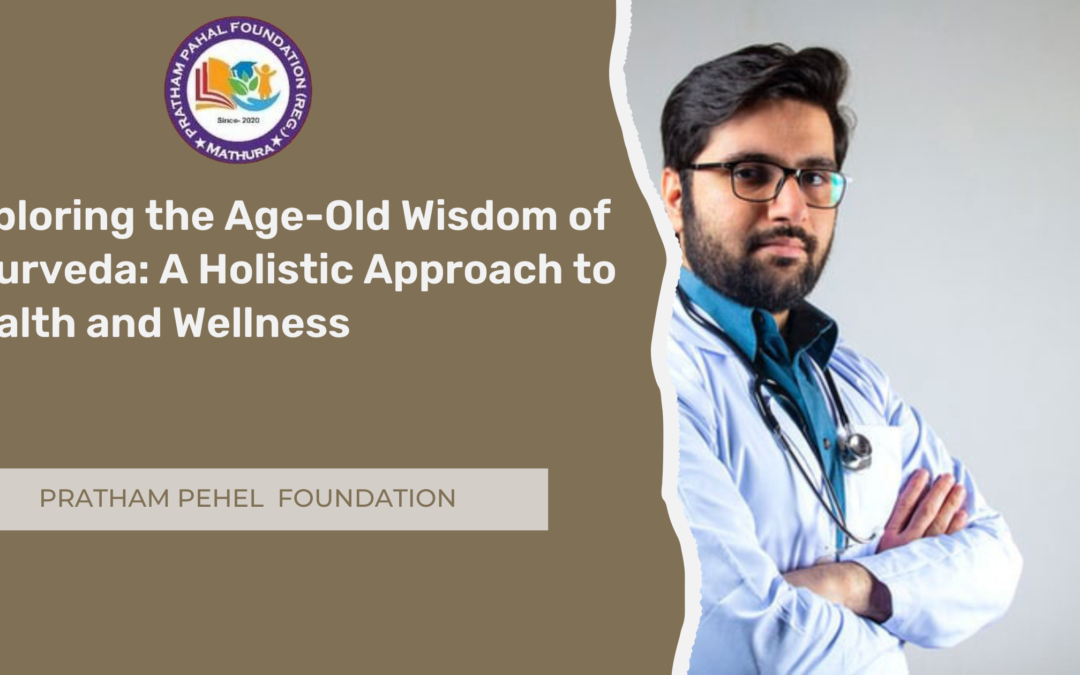In a world where modern medicine often focuses on treating symptoms rather than addressing the root cause of ailments, Ayurveda stands out as a beacon of holistic health. Originating in ancient India over 5,000 years ago, Ayurveda is a comprehensive system of medicine that emphasizes the interconnectedness of the mind, body, and spirit. Rooted in natural remedies and lifestyle practices, Ayurveda offers a unique approach to achieving balance and vitality.
Central to Ayurvedic philosophy is the concept of doshas – Vata, Pitta, and Kapha – which represent different combinations of the five elements (earth, water, fire, air, and ether) present in the body. According to Ayurveda, an individual’s constitution is determined by the dominant dosha, and imbalances in these doshas can lead to illness and disease. Through personalized assessments and recommendations, Ayurvedic practitioners seek to restore harmony and equilibrium to the doshas, promoting health and well-being.
One of the key principles of Ayurveda is the belief that food is medicine. Rather than viewing food solely as a source of sustenance, Ayurveda recognizes the profound impact that diet can have on physical, mental, and emotional health. By choosing foods that are appropriate for their dosha and incorporating six tastes – sweet, sour, salty, bitter, pungent, and astringent – Ayurvedic practitioners aim to nourish the body and support optimal digestion.
In addition to dietary recommendations, Ayurveda emphasizes the importance of daily routines, or dinacharya, to maintain balance and promote vitality. This includes practices such as oil pulling, tongue scraping, and self-massage with herbal oils, all of which are believed to detoxify the body and stimulate the flow of energy, or prana. By aligning with the natural rhythms of the day and the seasons, individuals can cultivate greater harmony with their surroundings and support overall health.
Ayurveda also encompasses a wide range of herbal remedies and therapeutic treatments to address specific health concerns. From herbal teas and supplements to traditional therapies such as Panchakarma – a detoxification and rejuvenation protocol – Ayurvedic medicine offers a holistic approach to healing that considers the unique needs of each individual. By addressing the underlying causes of illness rather than simply masking symptoms, Ayurveda aims to promote long-term wellness and vitality.
In recent years, there has been a growing interest in Ayurveda as people seek alternatives to conventional medicine and embrace a more natural approach to health and wellness. While modern research has begun to validate some of the principles and practices of Ayurveda, its true efficacy lies in the experience of those who have benefited from its wisdom for centuries. As we continue to explore the potential of Ayurveda in the context of contemporary healthcare, we are reminded of the timeless wisdom of this ancient healing tradition – a wisdom that continues to inspire and guide us on the journey to optimal health and well-being.

